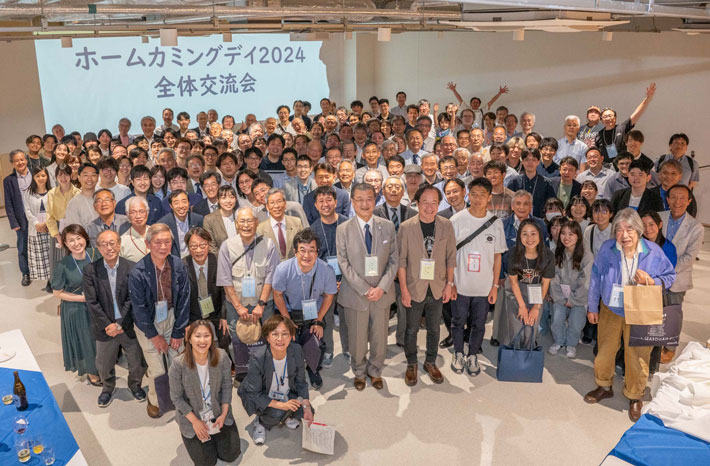Professor Anthony Don is Professor of Medical Biochemistry in the School of Medical Sciences at the University of Sydney. His team develops and applies advanced mass spectrometry methods to investigate how alterations to brain lipid metabolism with ageing lead to dementia, develop neuroprotective therapeutics, and discover new biomarkers for demyelinating diseases. His research has uncovered deficits in lipid metabolism that destabilise myelin in the course of normal ageing and early in Alzheimer’s disease pathogenesis. He also developed and coordinates the popular masters-level unit of study, Advances in Disease Diagnosis and Treatment.
I am Professor of Medical Biochemistry in the School of Medical Sciences at the University of Sydney. My team applies advanced mass spectrometry and biomolecular science methods to investigate how alterations to brain lipid metabolism with ageing lead to dementia, develop neuroprotective therapeutics, and discover new biomarkers for demyelinating diseases.
This Ideas Grant empowers us to undertake research into the underlying cause(s) of Alzheimer’s disease, at the intersection between brain lipid metabolism, ageing, and genetic risk.
Somewhere in the vicinity of 300,000 Australians are affected by Alzheimer’s disease. Current treatments provide limited, transient relief and treatment options will remain ineffective until we have an adequate understanding of the changes to brain physiology and biochemistry with ageing that cause the disease.
The brain is a particularly lipid-rich organ and contains many unique lipids that are essential for neurological function. Accordingly, a lot of neurological diseases can be attributed to defects in the metabolism of complex brain lipids. Alzheimer’s disease is no different.
Multiple lines of evidence suggest that defective brain lipid metabolism with ageing underlies the aetiology of Alzheimer’s disease. Common variants in the APOE gene, which codes for a major lipid carrier protein in the brain, are the dominant genetic risk factor for the disease. If one copy of your APOE gene is the APOE4 allele, you have a 3-fold higher risk of developing Alzheimer’s disease compared to those who don’t have the APOE4 allele. If both copies of the gene are APOE4, the risk increases more than 12-fold.
Around a decade ago, I began to perceive that my skills in lipid biochemistry and mass spectrometry could be applied to help solve difficult questions around how altered brain lipid metabolism causes dementia.
In this project, my team and our collaborators in Wollongong, led by Associate Professor Shane Ellis, will apply our newly-developed mass spectrometry methods to develop a deep understanding of how genetic variants in the APOE gene affect brain lipid metabolism, and how this triggers the neuroinflammation that is characteristic of Alzheimer’s disease.
This will ultimately enable the rational development of therapeutics that correct the defective brain lipid metabolism that we believe underlies Alzheimer’s disease.
I consider myself a creative scientist who loves the challenge posed by complex biomedical problems and am happy that this grant will provide me with the opportunity to undertake deep research that could ultimately have a positive impact on millions of people who are prone to developing dementia as they age.
Investigator-initiated, peer-reviewed research projects, as represented by the Ideas grant scheme, are well recognised internationally as the engine room of scientific progress. The success of fundamental biomedical research in turning untreatable into treatable diseases is well illustrated in the example of multiple sclerosis, which went from being a progressive, incurable disease to a treatable disorder in the space of 2 decades.
As a mid-career researcher, I try to encourage younger scientists to tackle complex research questions and not to play it safe or stick to what we already know.
To succeed in grant applications and generate high impact papers, I have nearly always had to move outside of my comfort zone and learn something new.
Professor Anthony Don, recipient of the 2023 NHMRC Marshall and Warren Ideas Grant Award.








